
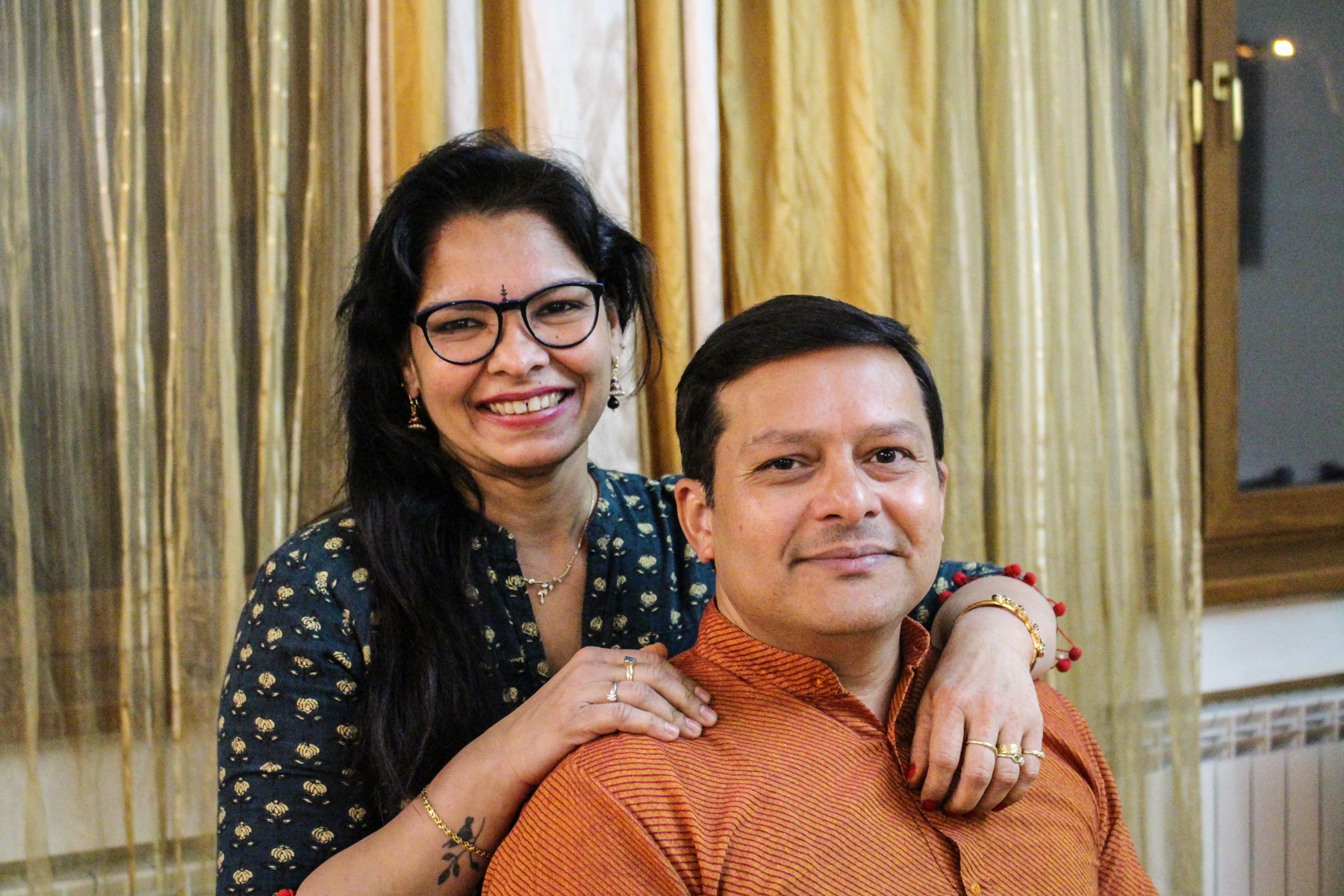
Indian immigration to Armenia has sharply increased in the last two years, with many coming to the country in search of a better life. However, endemic racism and human trafficking have revealed the dark side of the ‘Armenian dream’.
Rahul Seteh, an Indian immigrant to Armenia who has been living in the country since 2015, vividly remembers taking a phone call from an ill friend while on a minibus in Yerevan.
‘I was talking very quietly, trying to help them over the phone, when a woman started saying loudly that “she’s tired of these Indians”. Why? What bad thing have I done? I want to explain that I love Armenia; I consider it to be a part of me’.
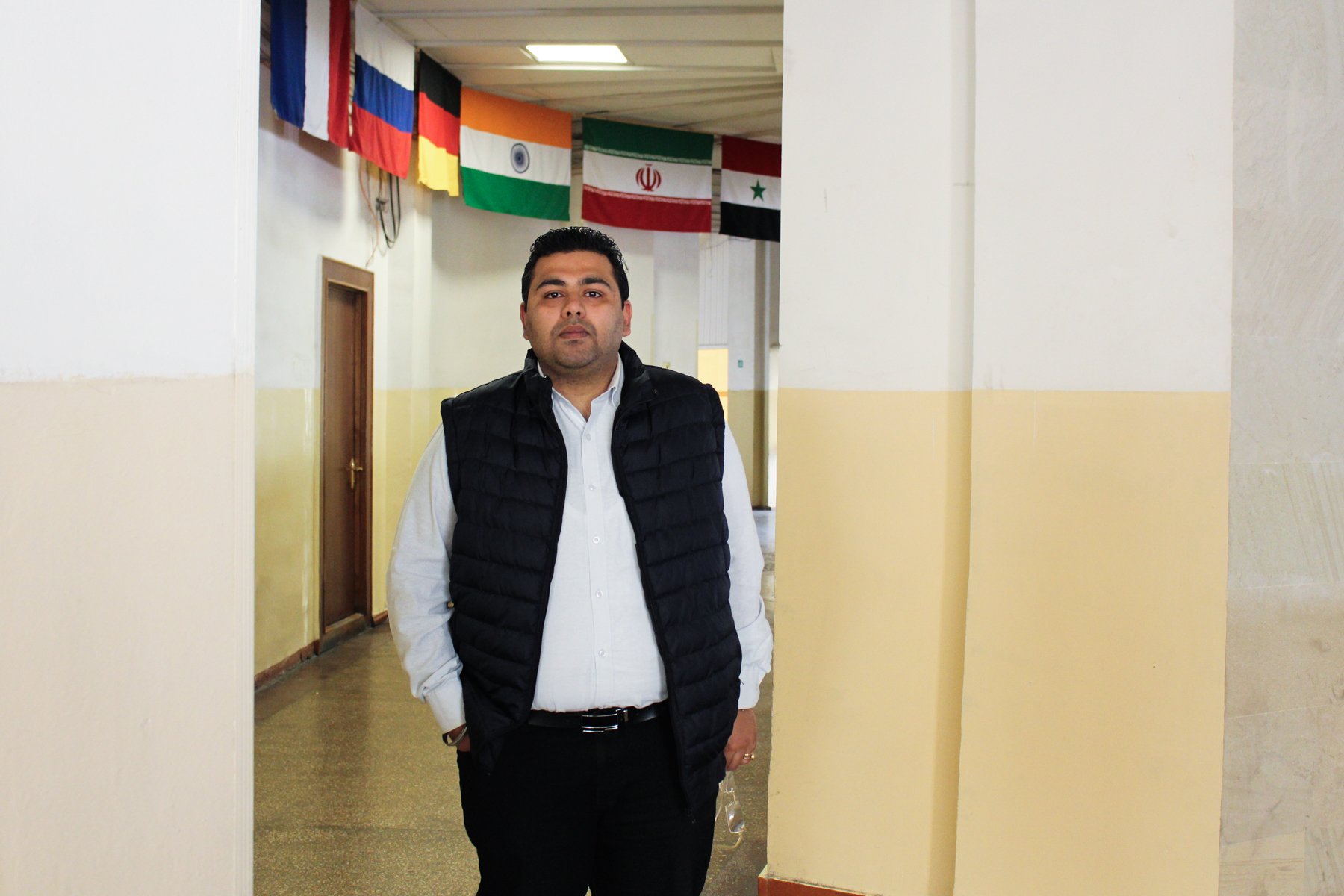
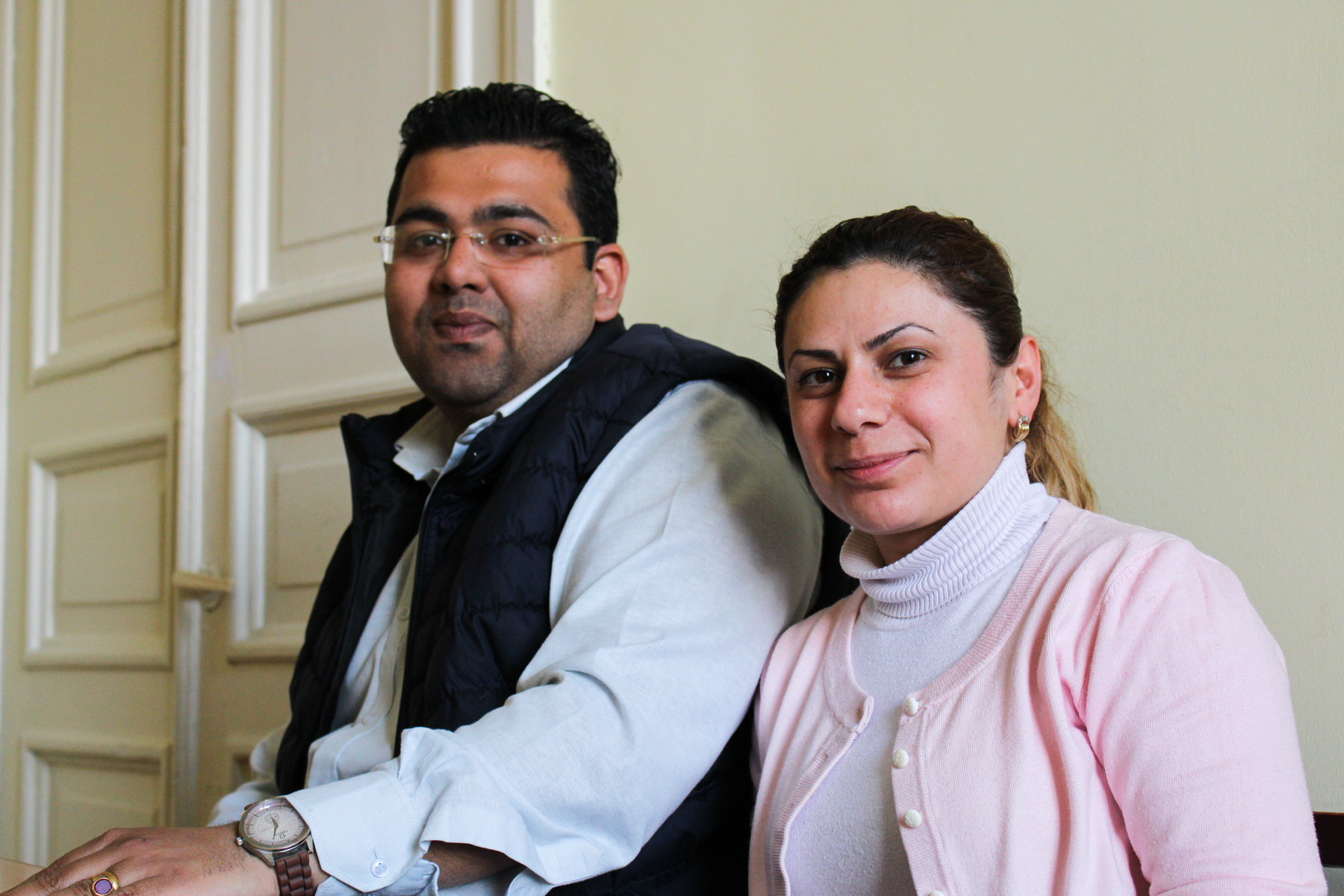
In previous years, Indian nationals living in Armenia were almost exclusively students and often stayed only as long their studies demanded. But today, a liberalised visa regime, higher wages, and new business opportunities have led to a new wave of Indian immigration, whose participants want not to study, but to settle.
A growing community
In November 2017, the Armenian government liberalised the visa regime for Indian citizens. Since then, there has been an influx of Indian nationals coming to Armenia.
The Armenian Migration Service reports that last year, 1,940 Indian nationals held Armenian residence permits. Of these, 1,100 were granted for studies, 784 for employment, and 54 for family reunions. In the first three months of 2019, over 9,000 Indian nationals came to Armenia — compared to only 4,226 in 2016.
But according to some, the Indian infatuation with the country came even earlier.
‘This all started when Indian students started to come to Armenia to study’, Sam Singh, a human rights activist who has lived in Armenia for the past year tells OC Media. ‘The cost of a university education here is cheaper in many fields as compared to India’.
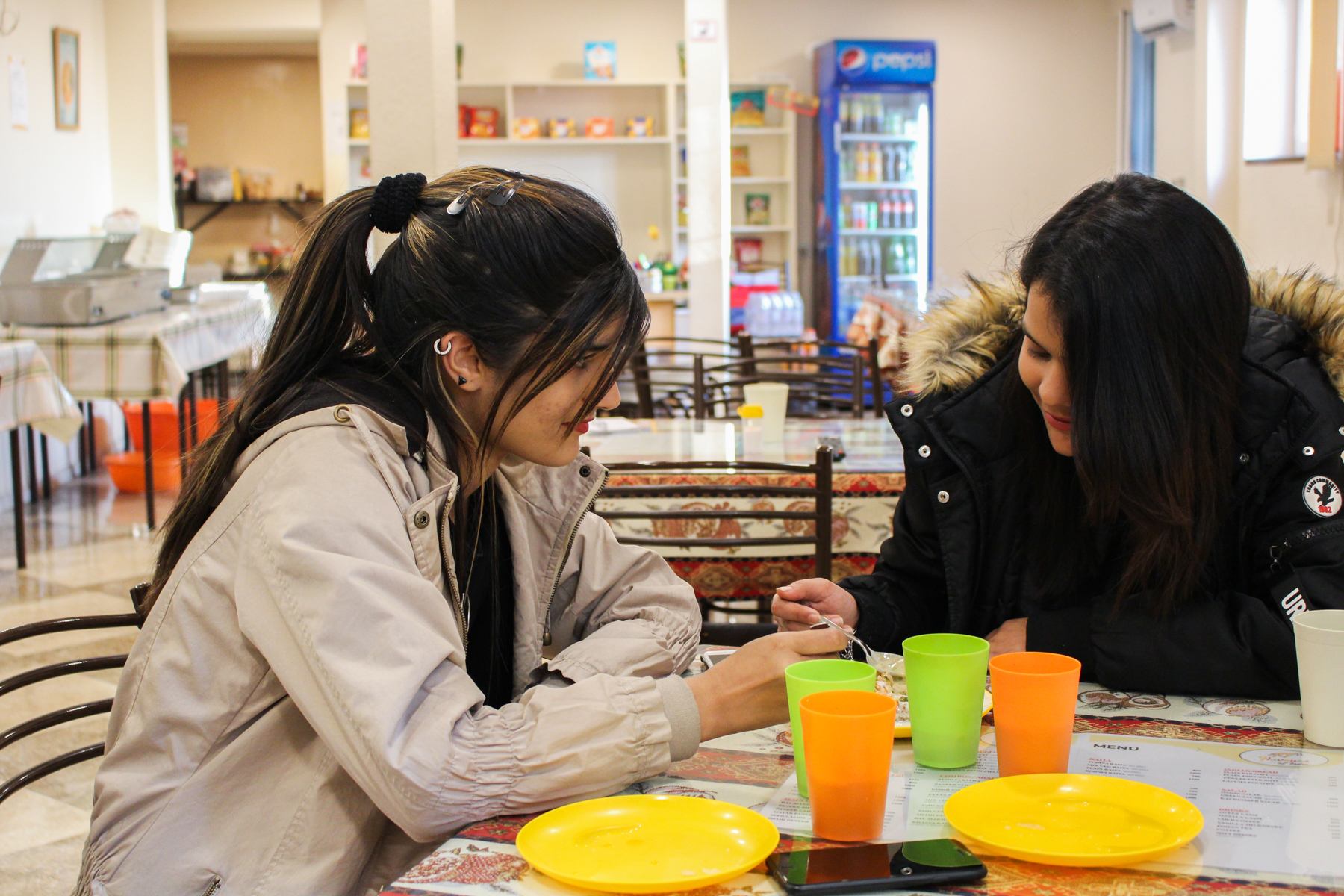
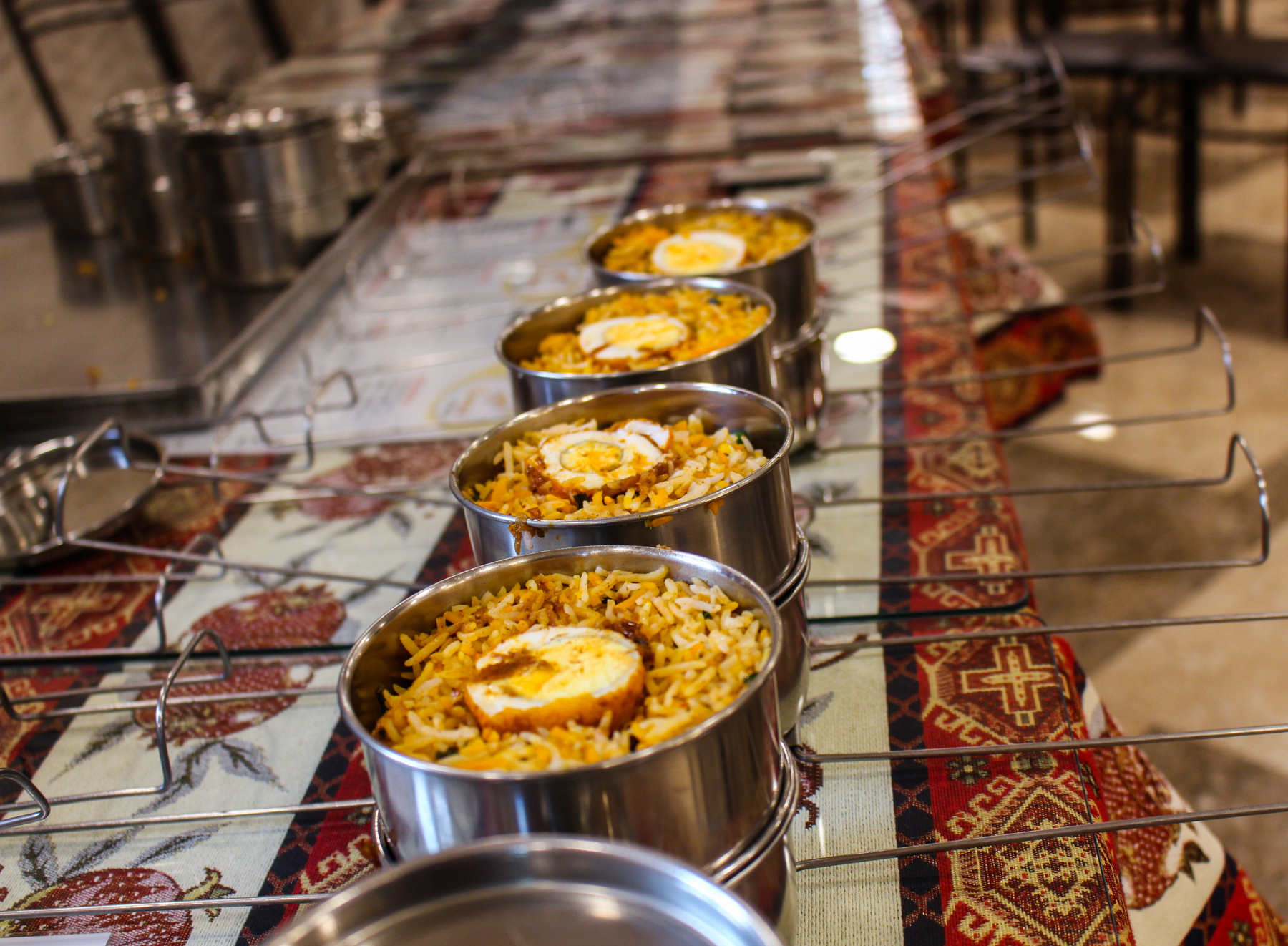
According to him, when students first began to arrive they found few businesses that catered to them, such as hostels or Indian restaurants. Some decided to stay and open such businesses themselves. ‘[Less competition] and lower taxes lead more people from India to show their interest in this beautiful country’, Singh says.
Fitting in
It has been five years since Prangel Shah, 46, moved to Yerevan with his wife, Bipali Shah, 43. Prangel works as a diamond processing specialist at a factory in Nor Hachn, a small town near the outskirts of Yerevan.
‘When I first came here, many of the taxi drivers were trying to deceive us — they demanded more money’, Prangel tells OC Media.
He added that he also had problems when shopping, but over time, developed a method for getting around these obstacles.
‘If, for example, I wanted to buy something, I waited until an Armenian would ask the price and buy it. Then I did my shopping right after him so that the seller would not lie to me and say an expensive price’.
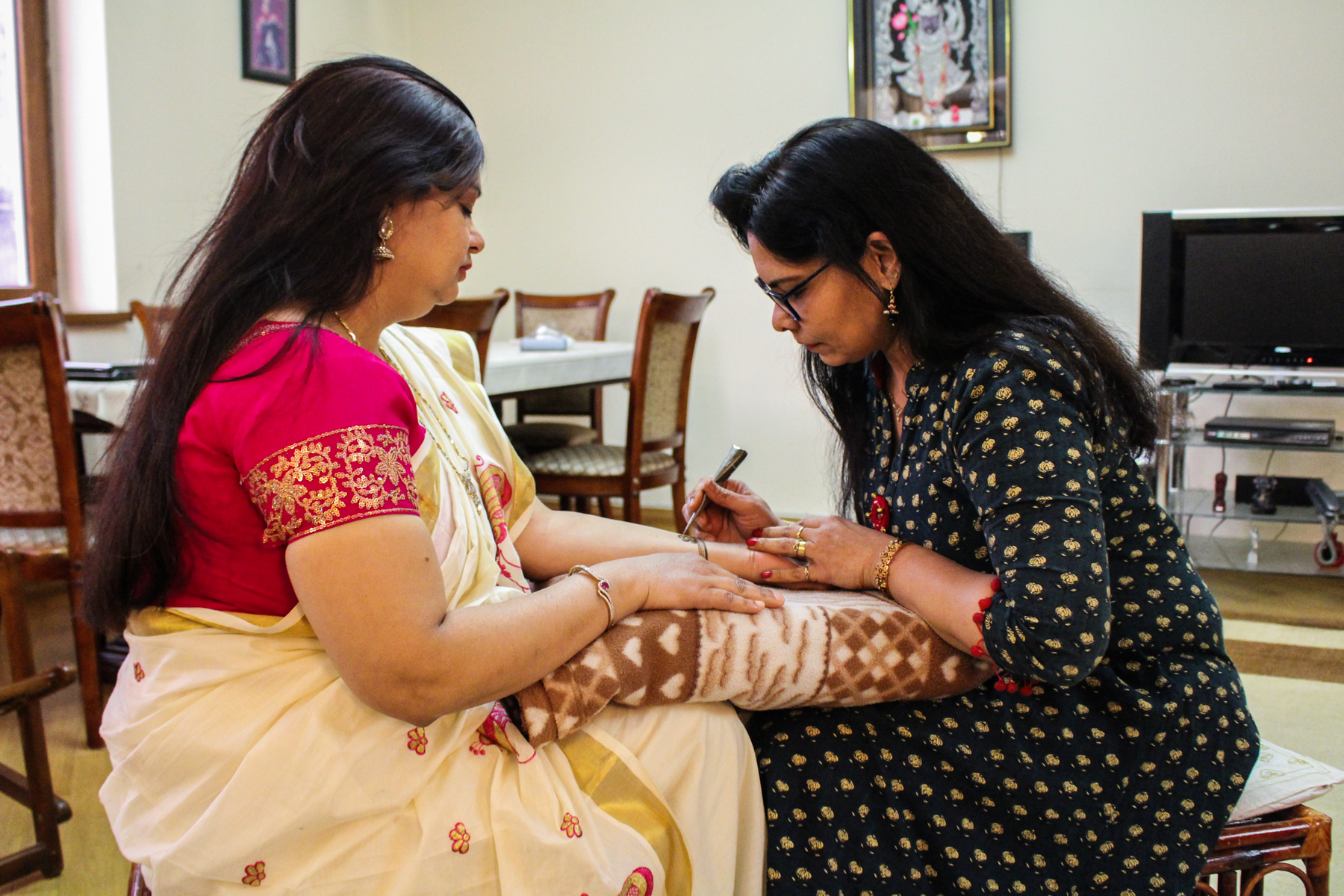
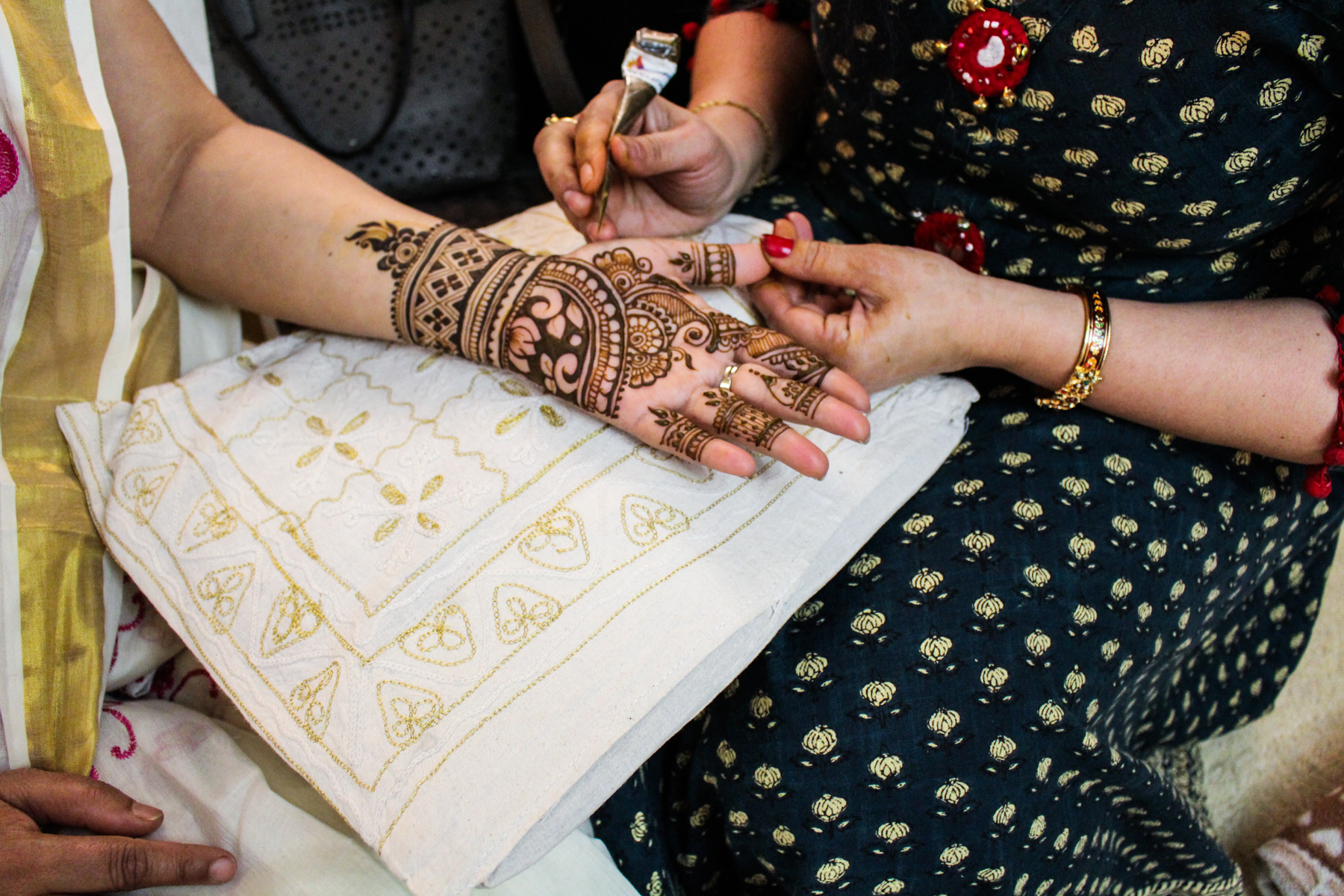
Other Indians in Armenia have also report racist harassment — even assault.
‘I was standing in front of my restaurant when some people began to beat me with stones. I hadn’t done anything’, an Indian businessman who did not wish to be named told OC Media. ‘Sometimes, I’m told that my skin smells bad. To be honest, I cannot understand why they hate us’.
Nevertheless, if you stick it out and find a job, Prangel says, then it is ‘an ideal place to live’.
A land of opportunity
According to five employment agencies surveyed by OC Media, the number of Indian citizens seeking work in Armenia has been increasing, especially during the last half a year.
However, employers and workers are not always able to come to a common agreement due to the language barrier. As a result, many Indians in Armenia are stuck in low-wage physical labour and many choose to work with their compatriots to avoid the language barrier.
‘While I have Armenian workers, the majority of my workforce comes from India’, Vinay Bansal, an entrepreneur from New Delhi, tells OC Media.
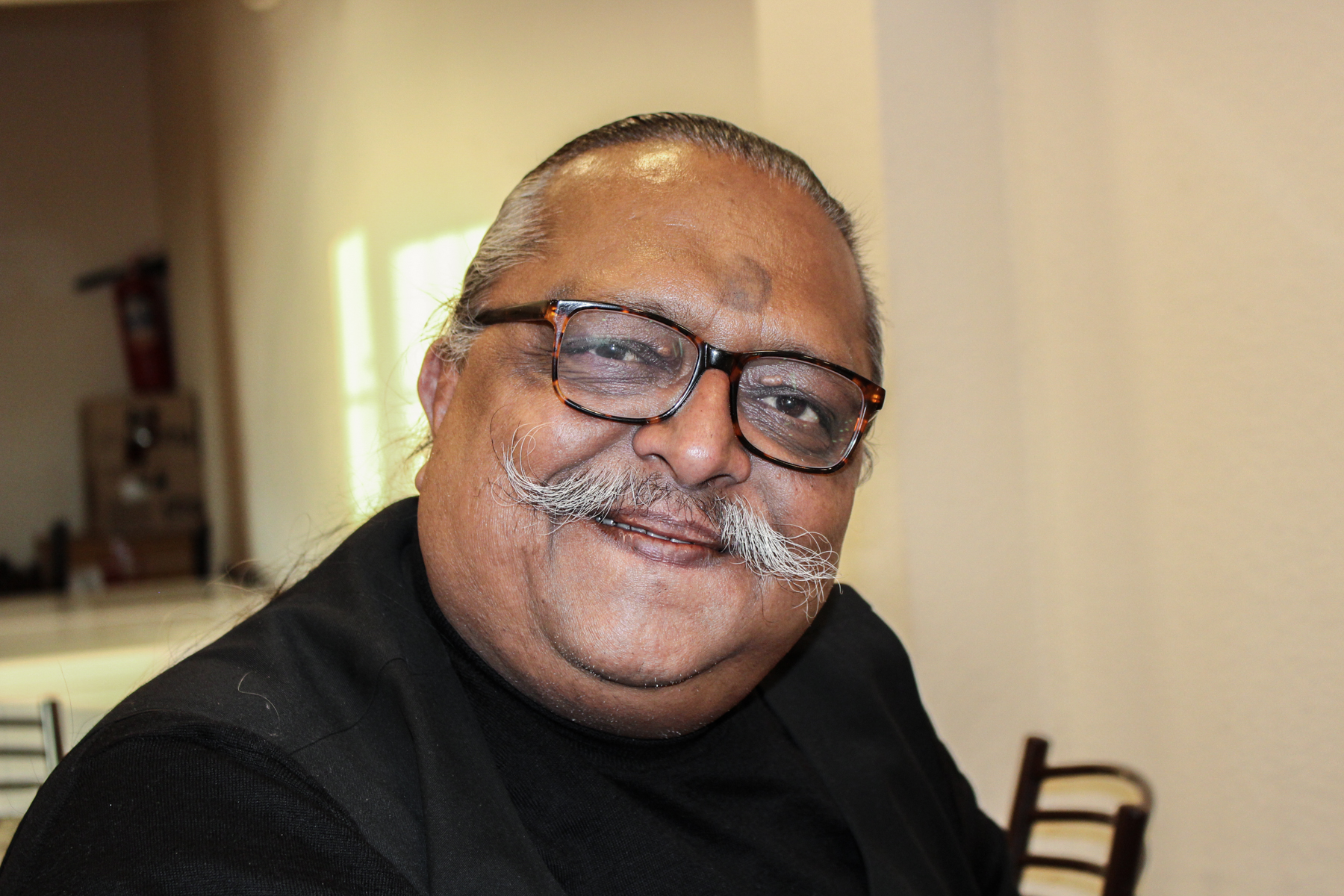
Bansal has been doing business in Armenia for almost five years. He is the head of six companies and owns a hotel, a hostel, and a food court in Yerevan. He also imports Indian goods, which are sold in both Armenia and neighbouring Georgia.
‘Working in Armenia is profitable. That’s why I am here today’, Bansal says. ‘I have invested a lot of money; I also pay taxes punctually. I think I’m not a bad businessman for Armenia, though I also help my native people’.
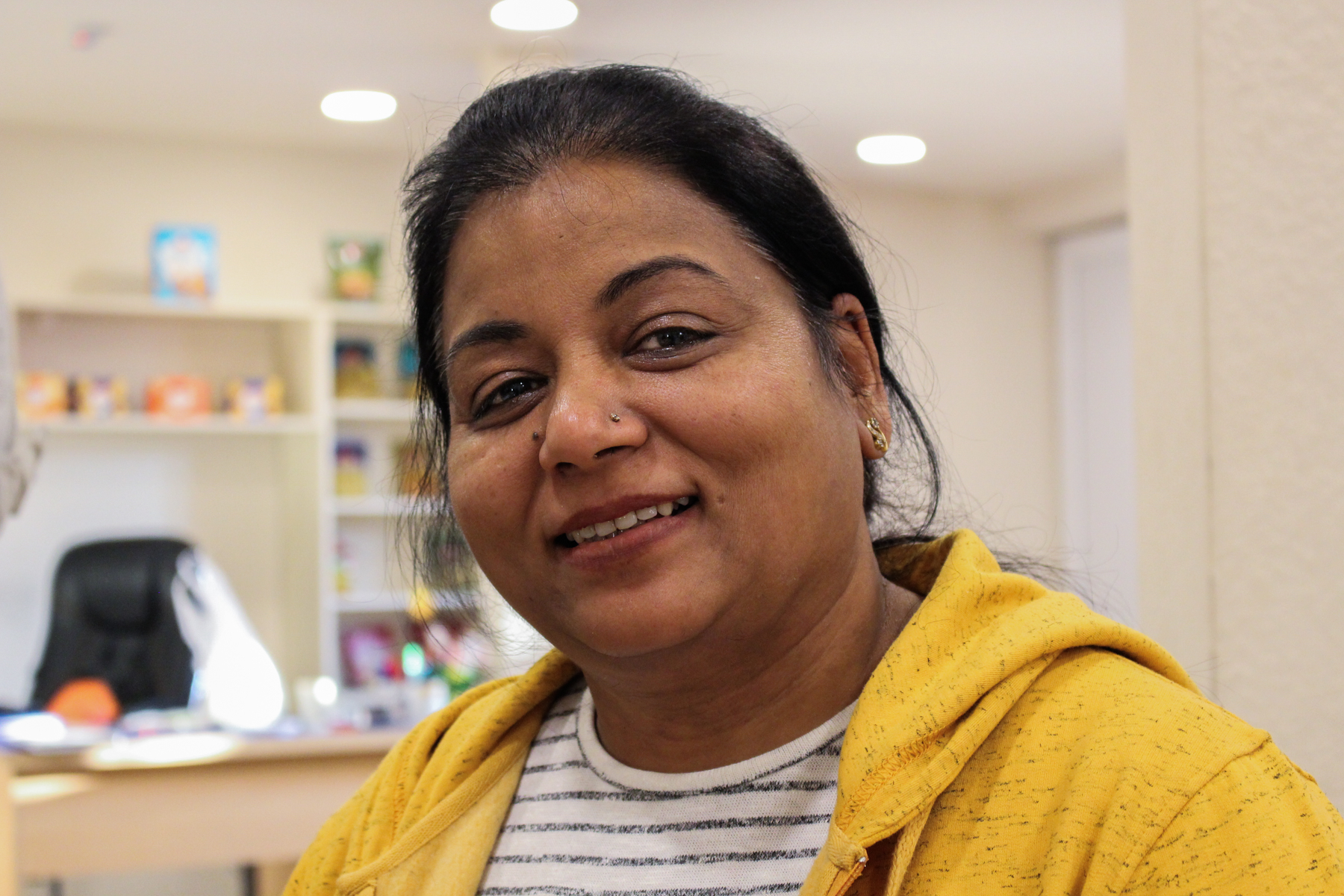
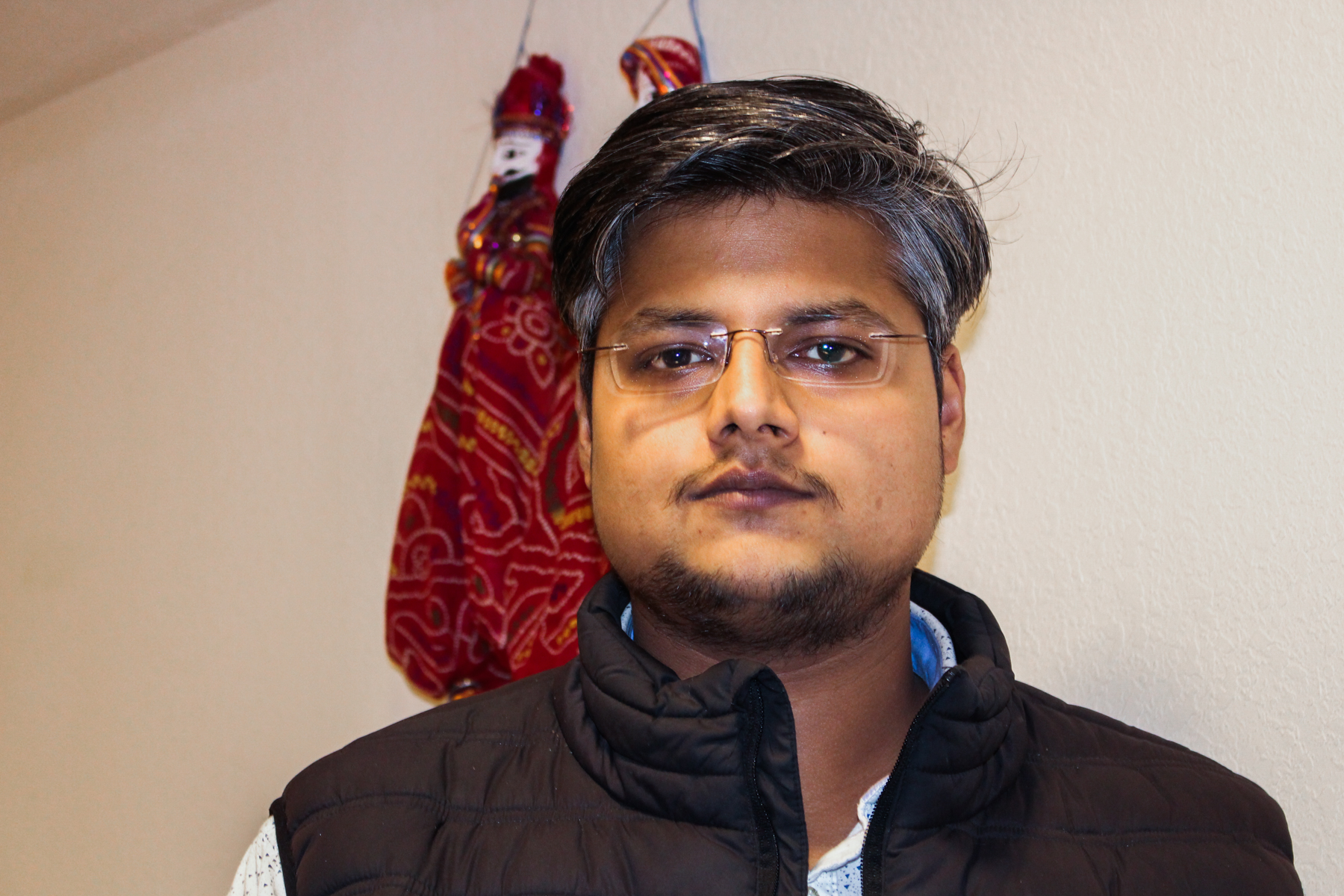
According to Bansal, Indians in Armenia receive a salary twice that of what they would get in India. For example, the chief cook in his hotel restaurant receives about $950 a month.
‘The amount that my chef receives as a pure profit, he would not receive in India’, Bansal says. ‘That’s why the Armenian labour market attracts many Indians. The salaries are high here’.
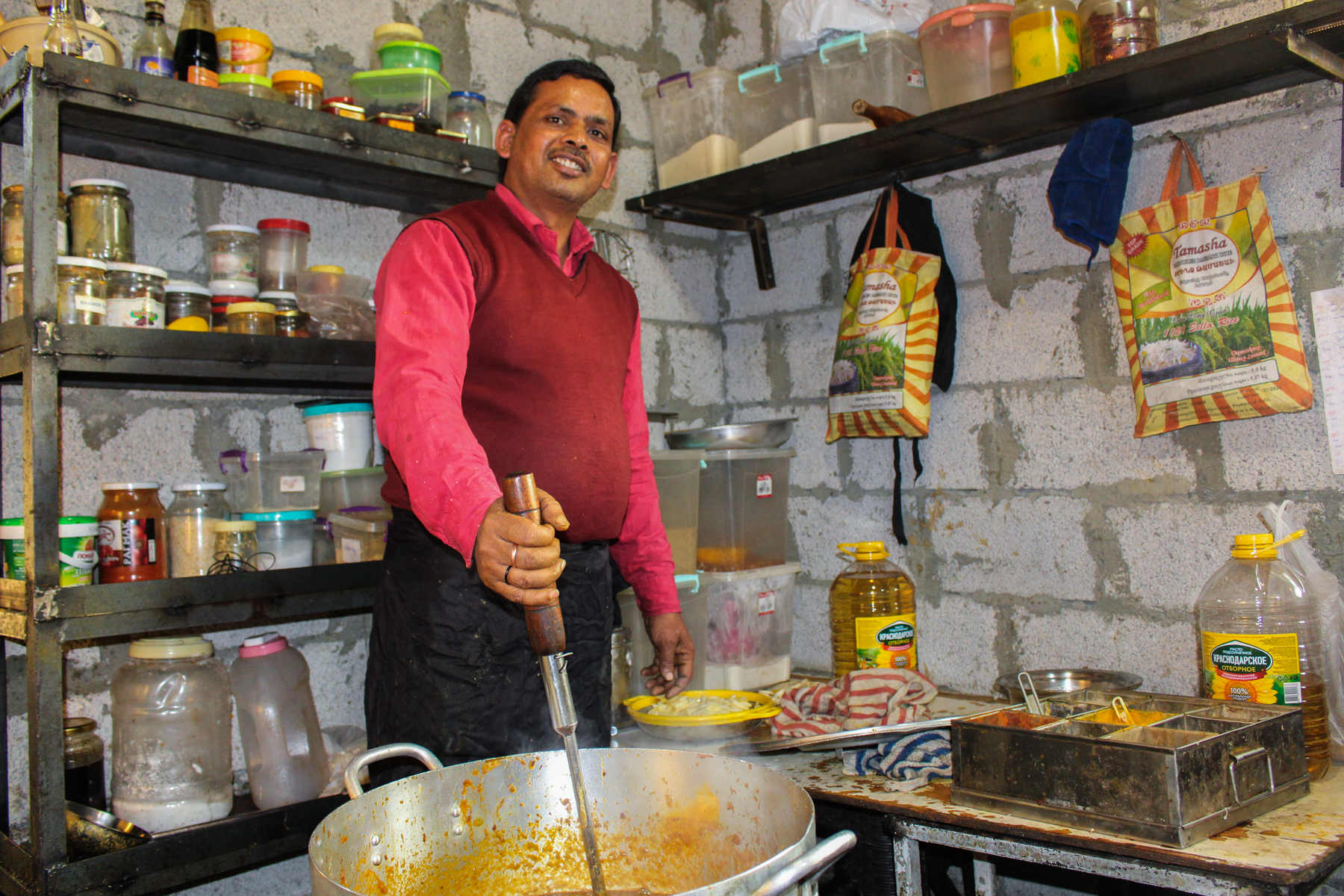
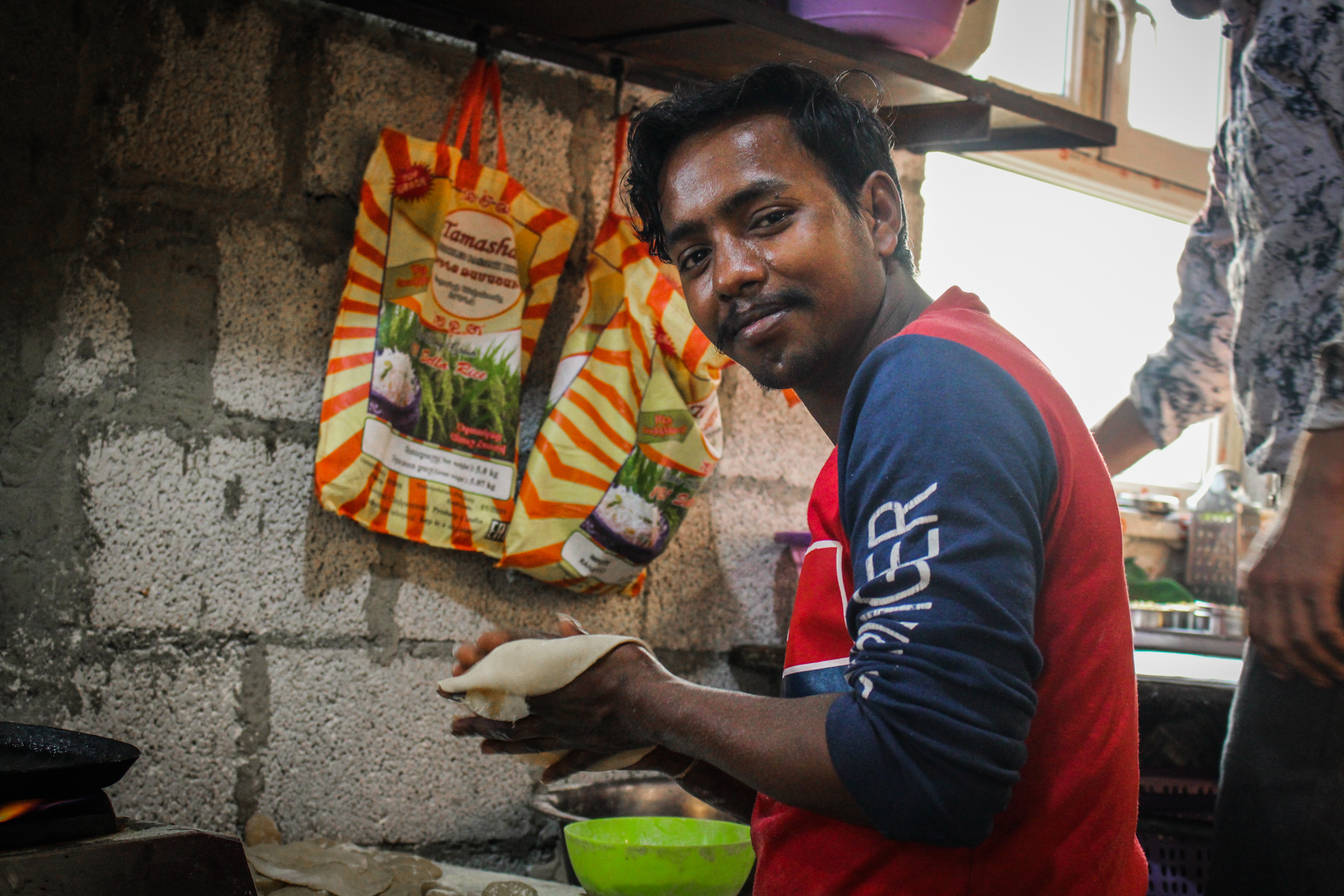
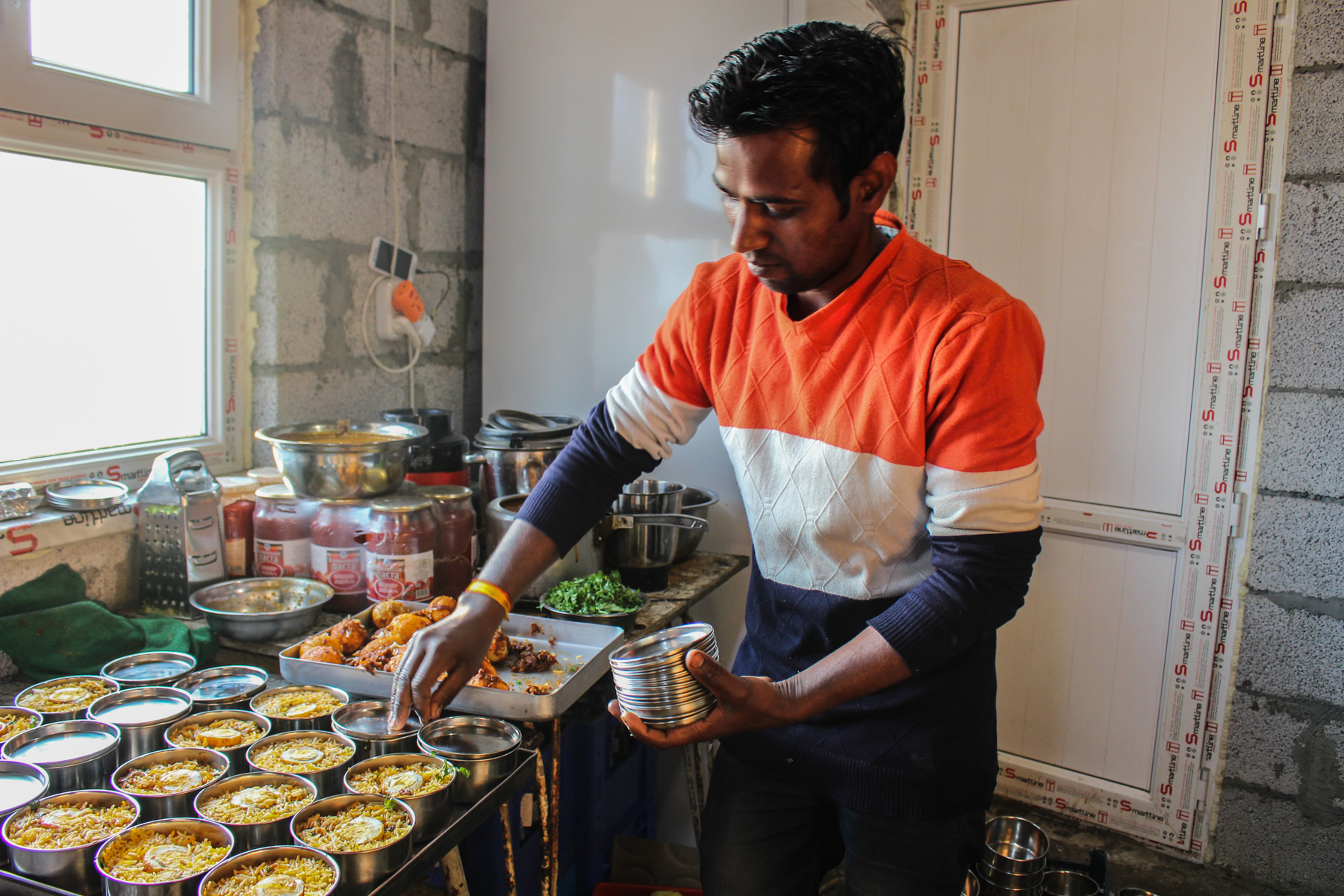
Human trafficking
But the increase of migration from India has also attracted a less savoury brand of business. Scammers and con-artists have deceived their victims with fraudulent job offers or, in some cases, have used Armenia as a dumping ground after promising to help their victims immigrate to Western countries.
Thirty-year-old Balu, who requested to only be referred to by his first name, came to Armenia six months ago. He tells OC Media that he did not know that he was going to Armenia.
‘I paid around $5,000 to move to the United States as a legal migrant. I was told that in the US I would be given a small apartment, a job, for which no strong language knowledge was needed, and that they would also help me to master the English language fluently in a short time’, Balu says.
He now works at a car wash in Yerevan. He is saving money so he can return home.
Sam Singh notes that immigration and visa consultants in India have started to market Armenia to Indians for work, education, and business investment opportunities. However, some have started to take advantage of the situation and make fake offers to the uninformed.
Last year, the Armenian Police investigated one case in which the owner of an Indian restaurant in Yerevan convinced several Indian nationals to relocate to Armenia with the promise of high wages.
However, upon their arrival in the country, he took their passports and forced them to work for little to no pay.
‘We are not here to compete’
After Singh moved to Armenia and saw how people were trying to cheat each other for money, he created a Facebook group to help enlighten Indian immigrants. For example, he would write posts to help people understand how things work in Armenia, from registering a company to opening bank accounts. However, the name of the group became so well-known that many other people created groups with similar names to promote fake jobs.
According to Singh, many of the victims who were cheated out of their money have not returned to India.
‘Firstly, they hope that the consultant will give them their money back’, he says. ‘Secondly, they are ashamed to return empty-handed. They believe they will be a laughing-stock among their family and friends’.
Singh hopes that for all the difficulties that Indians face in Armenia, they will find a place in their new home.
‘I wish to share with the people of Armenia that Indians are all over the world’, Singh says. ‘We come with peace and are globally known for our achievements in terms of education, hard work, and strong cultural backgrounds. We are not here to compete, but to lend a hand.’









